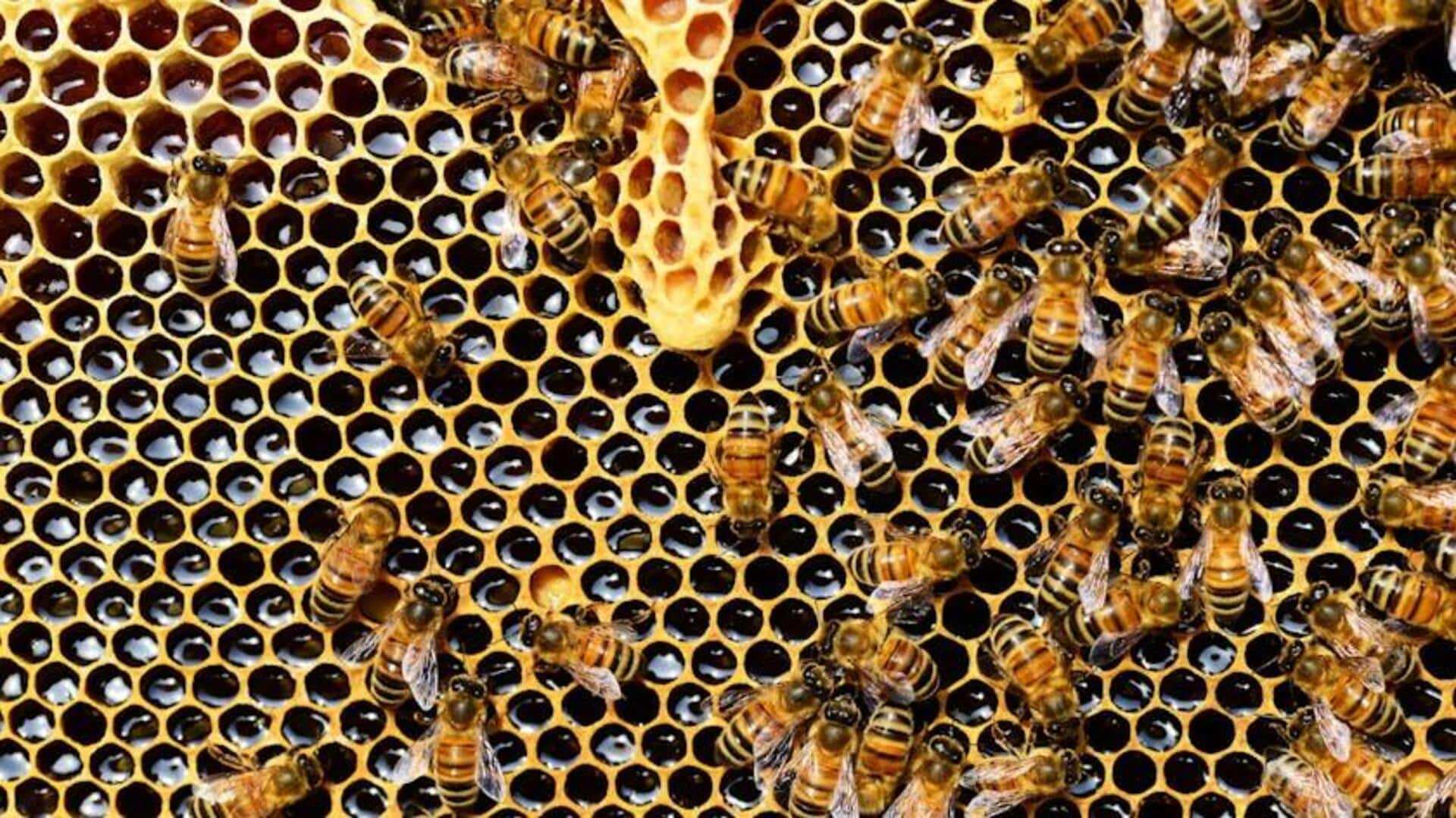
Master beekeeping in Africa like a pro
What's the story
Beekeeping and honey production in Africa offer unique opportunities, thanks to the continent's diverse climates and ecosystems.
This article provides essential tips for success in beekeeping and honey production in this vibrant environment.
It covers choosing the right bee species, knowing your local flora, hive management, ethical harvesting practices, and smart marketing strategies.
With these tips, you'll be well on your way to building a successful beekeeping business.
Species choice
Selecting the right bee species
Selecting the appropriate bee species is key to successful beekeeping in Africa.
While the African honeybee is a favored choice due to its hardiness and adaptability to local conditions, it's crucial to explore other species that might be better adapted to your specific location's climate and flora.
Understanding the behavior and requirements of the bee species you choose will greatly influence your success.
Flora knowledge
Understanding local flora
To optimize honey production, bees require abundant sources of pollen and nectar.
Understand the blooming cycles of native plants and trees that are favorable to bees.
Planting or providing access to these resources will significantly boost your hive's productivity.
Also, strategically locate hives near areas with floral diversity to sustain year-round production.
Hive care
Hive management techniques
Proper hive management is crucial for keeping your colonies healthy and maximizing honey production.
Conduct regular inspections to check for diseases or pests like Varroa mites. These parasites can wipe out your hives if you don't catch them in time.
Use integrated pest management techniques to prevent mite infestations. This way, you won't have to use harsh chemicals that might hurt your bees or make your honey unsafe to eat.
Ethical harvest
Harvesting honey ethically
The key to harvesting honey lies in timing and understanding that you should never take more than what the hive can afford to lose, especially when they need it most during lean periods.
Knowing how much honey to ethically harvest from each hive, ensuring you leave plenty behind for the bees, is crucial.
This practice not only supports the colony's health but also maintains their productivity over time.
Market savvy
Marketing your honey successfully
Once you have a good amount of honey, knowing how to sell it is the key to making a profit.
Do a little research to find local markets or online platforms that appreciate artisanal or organic products.
Invest in nice packaging. It makes a big difference in attracting customers. Choose something that looks nice but is also eco-friendly.
This will appeal to people who care about the environment.